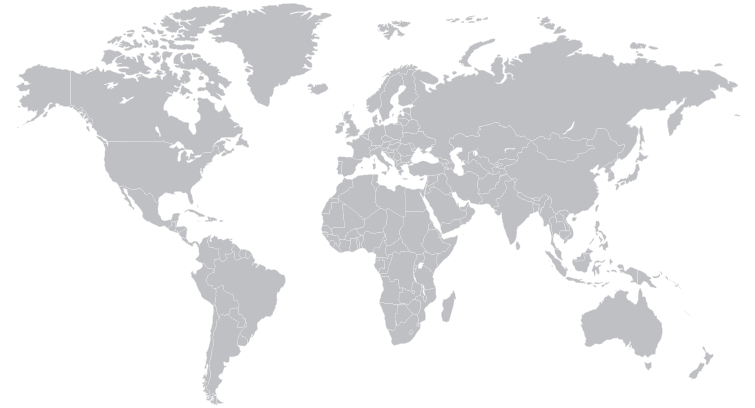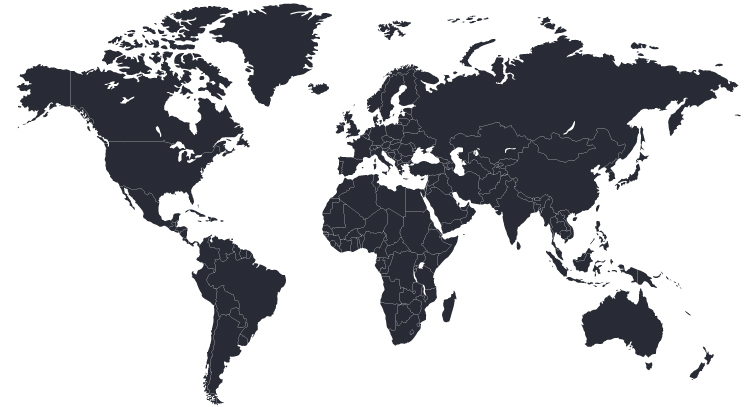Project
Cybersecurity Diplomacy course
About
Cybil code: G0712
Status: Finished
From: May 2021
To: Jun 2021
Funders
Implementors
Themes & Topics
Region


Countries
Contact
Summary
The Cybersecurity Diplomacy course equips professionals with the knowledge and skills they need to act effectively in cybersecurity diplomacy. This online course analyses how the abuse of technology impacts geopolitical security, social and economic development, and cyber processes and negotiations. The course is taught by academics, technology experts, and seasoned diplomats.
By the end of this course, participants should be able to:
- Explain the impact of (in)security of digital technologies on geopolitics and social and economic development;
- Understand cybersecurity issues on the diplomatic agenda and their impact on geopolitics;
- Identify multilateral and multistakeholder political processes that shape global and regional cybersecurity agendas;
- Explain the roles that stakeholder (states, companies, emergency responders, civil society, academia) should play for achieving cyber-stability;
- Identify steps to prepare an institution to take part in those processes;
- Take an active role in international processes around strategic digital/cyber policy.
To register, please visit: https://www.diplomacy.edu/courses/cybersecurity-diplomacy
Details
Course Outline:
- Explaining the strategic impact of cyber(in)security on the political, social and economic environment. Analysis of landmark cases, such as the SolarWinds hack.
- Understanding the cybersecurity issues on the diplomatic agenda and their impact on geopolitics (applicability of international law, norms and confidence building measures; particular concerns like protection of the critical infrastructure and the supply chain, exploitation of vulnerabilities and the proliferation of malicious tools, challenges of attribution, etc; broader context like Internet governance, human rights and economic development).
- Discussing the roles that stakeholder should play for cyber-stability: states (and various national institutions, parliamentarians, etc), companies (and in particular producers of digital products), incident responders (like CERT/CSIRT teams) and the technical community, non-government organisations and advocacy groups, academia and the research community.
- Mapping multilateral processes (like UN cyber GGE and OEWG) and multistakeholder processes (like Paris Call for Trust and Security in Cyberspace, Tech Accord, Charter of Trust, and Geneva Dialogue on Responsible Behaviour in Cyberspace) that shape global cybersecurity agenda, work of regional organisations (ASEAN, OSCE, OAS, AU, SCO), and related discussions in other international and multilateral organisations and processes (like UN Digital Cooperation, ITU, WTO, and SDGs process).
- ‘Understanding the specificities of diplomatic and political processes, and identifying steps to prepare an institution to take part in those processes (capacity building, diplomatic skills, developing foreign policy, etc).
The Cybil project repository is being continuously updated, and the information it contains is either publicly available, or consent for publication was given by the owner. Please contact the portal manager with any additional information or corrections. Whilst every reasonable effort is made to keep the content of this inventory accurate and up to date, no warranty or representation of any kind, express or implied, is made in relation to the accuracy, completeness or adequacy of the information contained in these pages.







